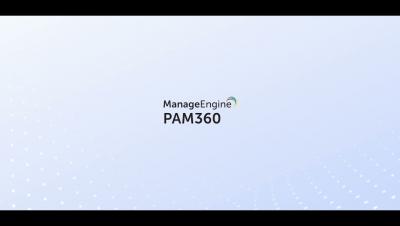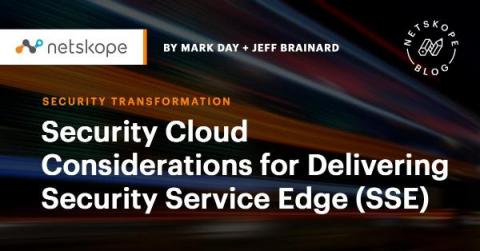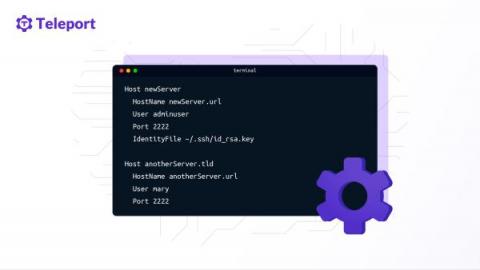Endangered data in online transactions and how to safeguard company information
This blog was written by an independent guest blogger. Online transactions are essential for every modern business. From online shopping to banking, transferring funds, and sending invoices, online transactions ensure utter convenience and efficiency. However, the familiarity of making financial transactions online can make people forget about security and all the dangers that they may be facing. On top of that, new cybersecurity threats keep popping up constantly.











